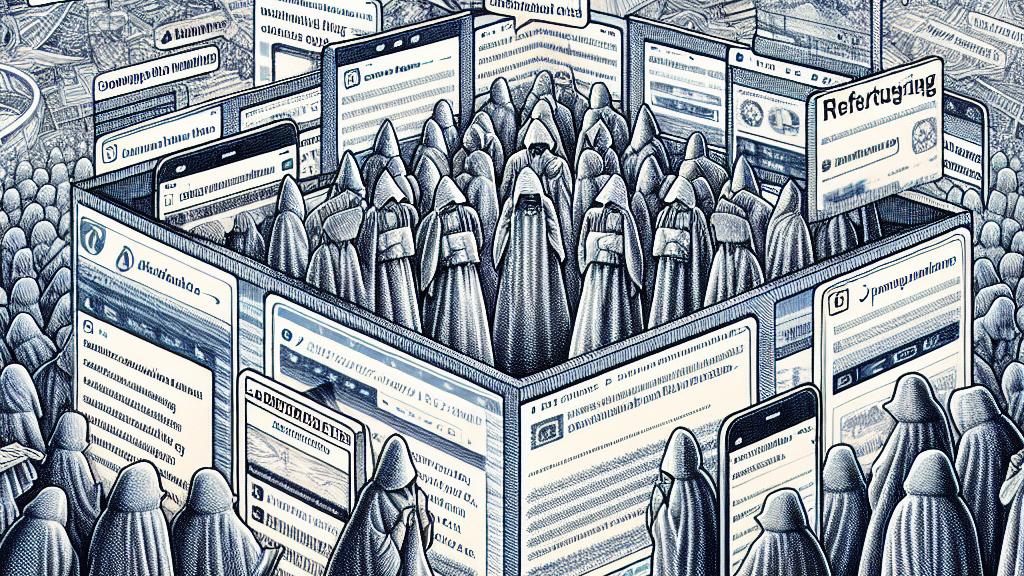The Appeal of Platforms Less Infiltrated by Conspiracy Theorists
Overview
- Hatebu and anonymous diaries serve as safe havens from conspiracy theorists, fostering enlightening discussions.
- The troubling rise of conspiracy theories in mainstream social media creates a sense of urgency for rational discourse.
- Analyzing the psychological appeal of these theories showcases how they resonate with numerous individuals.

Context in Japan
In the vibrant online environment of Japan, platforms like Hatebu and anonymous diaries emerge as refreshing alternatives, largely free from the pervasive influence of conspiracy theorists. These sites promote a culture of reasoned debate, which is increasingly overshadowed by the alarming surge of conspiracy narratives on popular platforms like Yahoo Comments and X. For example, during political upheavals or public health crises, users often express anxiety over misleading information proliferating unchecked in these spaces. This situation serves not only as a catalyst for concern but also as a crucial reminder of the potential consequences associated with widespread acceptance of such theories.
Psychological Factors
So, what compels individuals to fall prey to conspiracy theories? Research in psychology unfurls layers of complexity around this phenomenon. People often find comfort and validation in these narratives, particularly during times of uncertainty. They feel empowered by the notion of possessing exclusive knowledge that others are oblivious to. For instance, the COVID-19 pandemic created fertile ground for these beliefs, as many sought simple explanations amid chaos. The straightforward nature of conspiratorial thinking offers an attractive contrast to the ambiguities of real-world events. This inclination not only highlights a yearning for clarity but demonstrates how external pressures can lead to extreme beliefs, amplifying the allure of conspiracy theories.
Navigating Online Communities
To successfully traverse the vast landscape of online communities, it's essential to engage with spaces that emphasize critical thinking and evidence-based discourse. Imagine participating in platforms that prioritize scientific literacy; these environments encourage questioning and active participation in dialogue. A prime example would be communities involved in fact-checking efforts, where members challenge misinformation collectively. Such engagement not only enriches users' knowledge but also fosters a supportive network resilient to the seductive pull of conspiracy theories. Ultimately, cultivating a culture of inquiry and open discussion enables individuals to confront societal issues more effectively, illustrating how dialogue can truly empower a well-informed citizenry.

Loading...